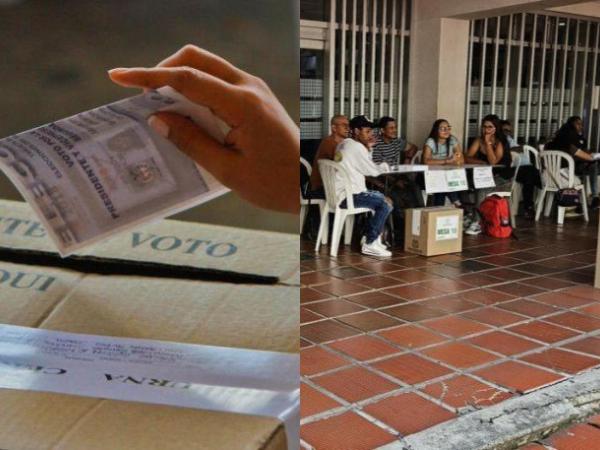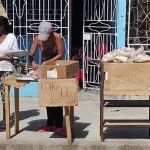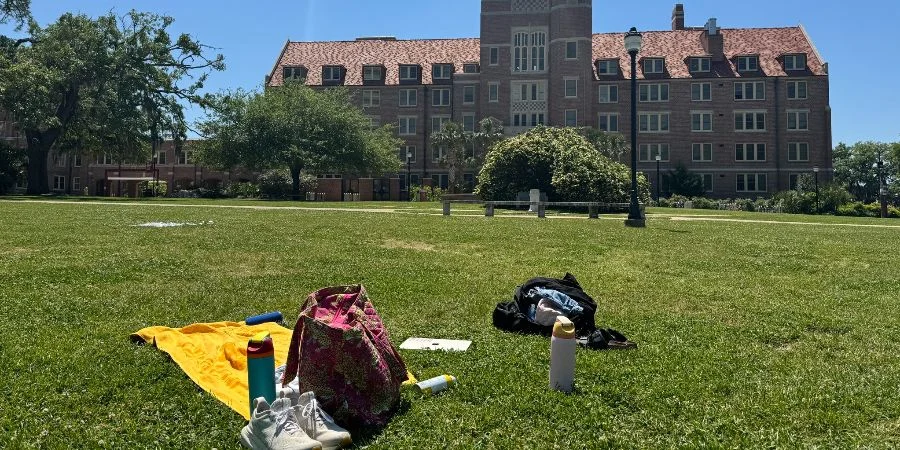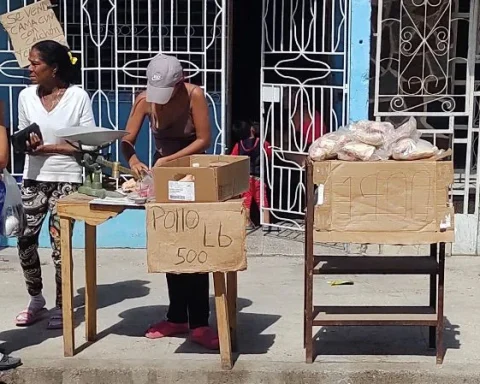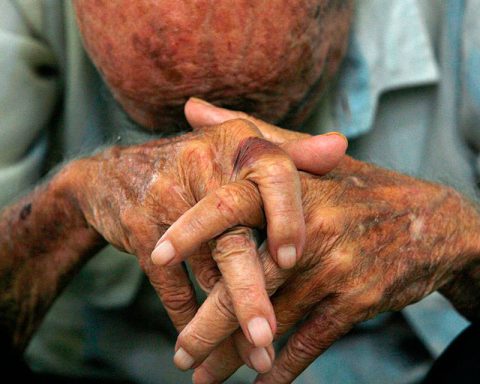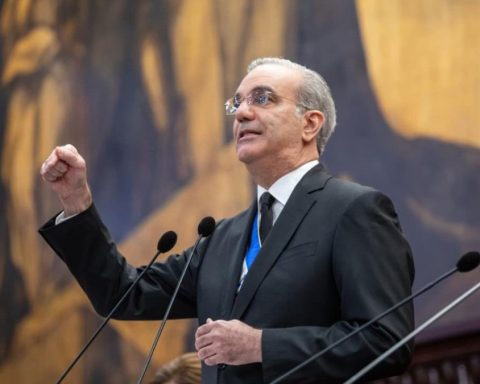Through a letter addressed to President Gustavo Petro and al Minister of Labor, Antonio Sanguino, the Unitary Central of Workers of Colombia (CUT), the Confederation of Workers of Colombia (CTC) and the General Confederation of Labor (CGT) They presented a questionnaire proposal for the popular consultation on labor rights.
(See: Latin America could face a social crisis if it does not strengthen investment).
According to the unions in the letter, their idea “It responds to the urgent need to eradicate labor precariousness, combat structural discrimination in the world of work, strengthen democracy at work and recover rights taken with the disastrous reform of Law 789 of 2002. In addition, it relies on the principles enshrined in international labor standards, such as the agreements and recommendations of the International Labor Organization (ILO), and in good global practices“
They added that, in terms of Labor precariousness, The proposal they presented “Part of the recognition that this condition, often linked to informality, is a form of social exclusion that deprives millions of people from access to basic rights“
Thus, the main points of the questionnaire suggestion they did are:
– Prioritize direct hiring, job stability and formalization with rights, including the full incorporation of rural workers and contractors.
– Prohibit the outsourcing of activities of the main turn of companies, Following the Mexican model, “where the subcontracting of main activities with positive results for workers was recently prohibited; and close the doors to their reappearance through poorly used temporary service companies.”
(See: New demand demands).
– Strengthen the principle of stability, making the general rule indefinite, limiting temporary contracts to clearly justified and temporary needs, as recommended by ILO.
– Recognize the right to reincorporation in case of dismissal derived from illegal practices of simulated intermediation or hiring.
Workers.
The keys to the proposed questionnaire
The unions also referred to labor discrimination, Theme on which they proposed to apply the international best practices, especially the doctrine of the ILO control bodies and the United Nations system, and requested measures to confront it.
“It is based on the fact that discrimination at work by historically suspicious criteria affects millions of people in the country, limiting their access to employment, permanence and professional development. Therefore, it is proposed to establish the presumption of discrimination in these cases, with investment of the burden of evidence, and guarantee the full restoration of violated rights, even through reinstatement or comprehensive reparation“They complemented.
As to Negotiations with non -unionized workerss, They said it is a need to limit it, given that “collective bargaining and weakens the trade union movement, in clear contravention of the principle of freedom of association enshrined in agreements 87 and 98 of the ILO. Instead, it is reaffirmed that collective bargaining must be exerted exclusively by legally constituted union organizations, as an expression of the right of association and fundamental tool for the balance between employers and workers“
(See: ‘We are making the effort to reduce informality below 50%’).
And they made clear that Popular consultation should have as one of its objectives what they called as the recovery of deleted labor rights, “Especially those eliminated by Law 789 of 2002”. With this, they affirmed, The income of the workers could be improved.
“That law implied a setback regarding the remuneration for working at night, rest days, compensation for arbitrary dismissals and the legal work of the learning contract. The evidence shows that such measures did not fulfill their promises and increased the lack of protection of the working class. Consequently, the questionnaire proposes its integral restoration“They said.
Finally, they explained that their proposal was attached to the legal and jurisprudential requirements established by the Constitutional Court for popular consultations, “in terms of clarity and loyalty, objectivity, relevance and general interest,” and that and that It goes in line with the most important points of the sunken labor reform.
“The trade union movement is committed to the popular consultation that we have asked for decades and that this government has tried to grant the Colombian people and this proposal of questions is another expression of our commitment, as will also be our mobilization decided throughout the national territory“The unions said.
(See: Comptroller warns inefficient government management against labor informality).
According to the Sanguino Montrabajo, The application for popular consultation will be filed at the Congress of the Republic next Monday, April 21. That same day the questions that would be asked in that mechanism would be known.
Portfolio
